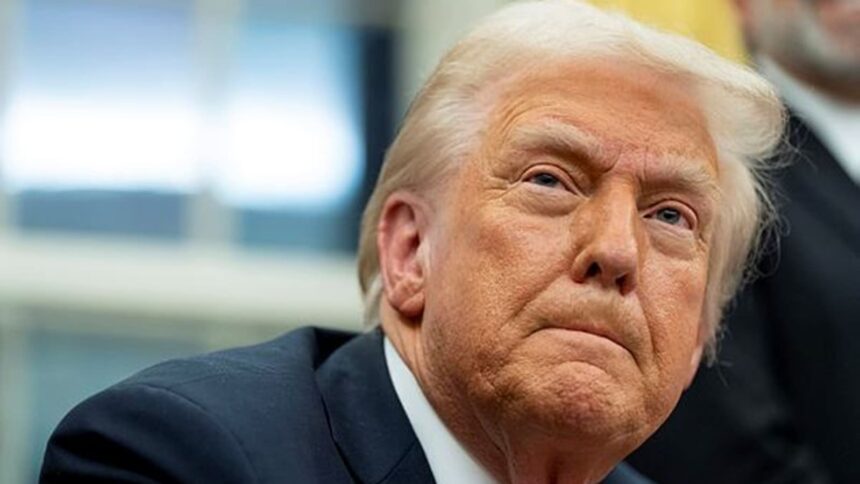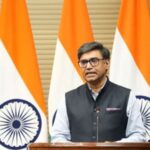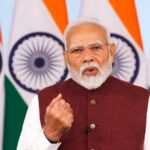Global pharma companies could ramp up pressure on India to raise the prices of drugs in India and other developing markets, as US President Donald Trump’s new executive order is set to force companies to align US drug costs with cheapest ones abroad. Trump said he would introduce a “most favoured nation” (MFN) policy whereby the US pays “the same price as the nation that pays the lowest price anywhere in the World”.
“Prescription drug and pharmaceutical prices will be reduced, almost immediately, by 30 per cent to 80 per cent. Prices will rise throughout the world in order to equalise and, for the first time in many years, bring fairness to America. I will be instituting a Most Favoured Nation’s policy, whereby the United States will pay the same price as the nation that pays the lowest price anywhere in the world,” Trump said in a social media post.
“For many years, the world has wondered why prescription drugs and pharmaceuticals in the United States are so much higher in price than in any other nation—sometimes being five to ten times more expensive than the same drug, manufactured in the exact same laboratory or plant, by the same company,” Trump said.
International trade experts said Trump’s executive order may offer immediate relief to American patients, but it is likely to trigger a global price recalibration—with pharmaceutical giants intensifying pressure on lower-cost markets like India to raise their prices as the low cost markets would determine prices in the lucrative US market.
India’s generic drug industry, which is not only a source of low-cost medicines in India but also in the US and UK, has long been a bone of contention for large pharma companies in developed countries. These companies argue that weak intellectual property rights in India leave them uncompetitive. Trump’s executive order follows the US placing the Indian patent regime on its “Priority Watch List” for intellectual property rights (IPR), which has a significant bearing on drug manufacturing.
Head of think tank Global Trade and Research Initiative (GTRI), Ajay Srivastava, said that Trump’s MFN pricing policy should be a wake-up call, as pharmaceutical companies facing tighter price controls in the West will be forced to redouble their efforts to raise prices in markets like India.
“The battleground is no longer just legal—it has moved to trade negotiations. India must respond with strategic clarity and unyielding resolve. As global pharmaceutical firms turn to free trade agreements (FTAs) to extract Trade-Related Aspects of Intellectual Property Rights ‘(TRIPS)-plus’ commitments, India must hold the line on its patent regime—one that enables affordable access, prevents monopolistic extensions, and safeguards public health,” Srivastava said.
India’s pharmaceutical laws fully comply with the WTO’s Agreement on TRIPS. However, India has long resisted pressure to adopt “TRIPS-plus” provisions—additional patent protections often pushed by developed countries through Free Trade Agreements (FTAs). These include data exclusivity, automatic patent term extensions, patent linkage, broader patentability criteria, and evergreening practices, Srivastava said.
A pharma industry executive told that the order will not have a negative impact on Indian generic manufacturers and exporters, and would instead squeeze the margins of distributors or patent drug manufacturers.
“If I sell at, say, $1, the actual cost paid by the pharmacy is $9–10. Around $8 is taken by the distributors. In the generic space, if he really wants to do something and bring down the price, he needs to attend to this supply chain lobby—then definitely that will help American patients,” the Indian pharma executive told this paper on condition of anonymity.
The executive further explained that out of the $670 billion US pharma market, only 21 per cent is generics, while the remaining 79 per cent or so are patented drugs.
“In generics, price erosion has already happened. In the generics space, there is only one big gap. If it is addressed, that would be good for our country also. What is happening is that over five or six distributors are ruling the entire US market in generics. They are also keeping their profit out of the US,” the executive said.
In generics, the money is hidden in the supply chain, which Trump has to attend to. The problem for the US is that currently, these patented drug manufacturers are keeping their head offices mostly outside the US—in Ireland, Europe, etc.—and they are getting exorbitant profits mainly in the US, which they are keeping out, the person quoted above said.
The comments triggered a sell-off in pharmaceutical stocks on Monday amid concerns that profits could be hit if firms have to cut prices in the US. In India too, pharma stocks tanked.








